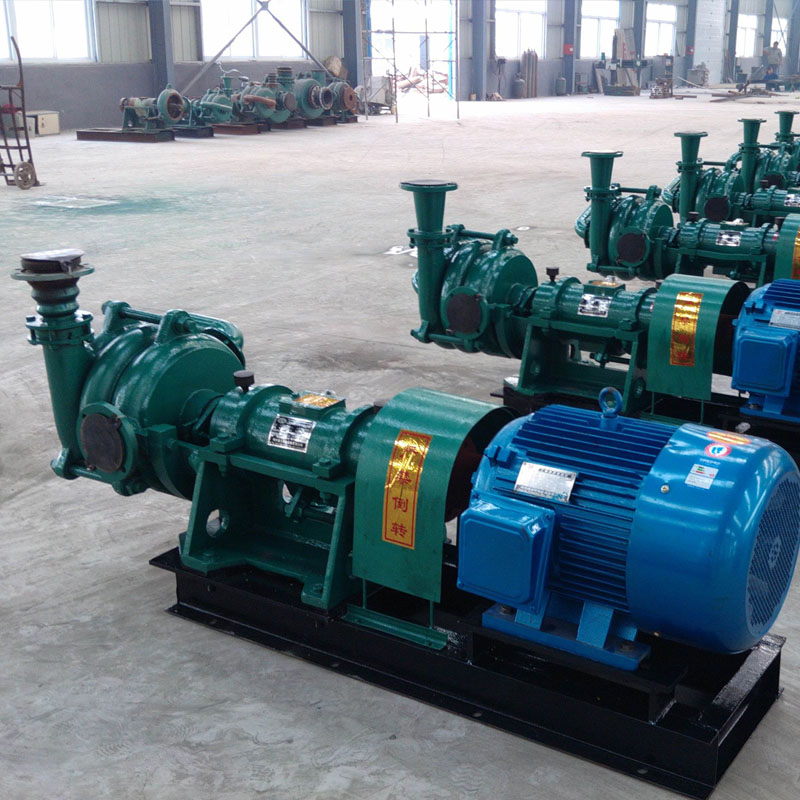English
- Afrikaans
- Albanian
- Amharic
- Arabic
- Armenian
- Azerbaijani
- Basque
- Belarusian
- Bengali
- Bosnian
- Bulgarian
- Catalan
- Cebuano
- Corsican
- Croatian
- Czech
- Danish
- Dutch
- English
- Esperanto
- Estonian
- Finnish
- French
- Frisian
- Galician
- Georgian
- German
- Greek
- Gujarati
- Haitian Creole
- hausa
- hawaiian
- Hebrew
- Hindi
- Miao
- Hungarian
- Icelandic
- igbo
- Indonesian
- irish
- Italian
- Japanese
- Javanese
- Kannada
- kazakh
- Khmer
- Rwandese
- Korean
- Kurdish
- Kyrgyz
- Lao
- Latin
- Latvian
- Lithuanian
- Luxembourgish
- Macedonian
- Malgashi
- Malay
- Malayalam
- Maltese
- Maori
- Marathi
- Mongolian
- Myanmar
- Nepali
- Norwegian
- Norwegian
- Occitan
- Pashto
- Persian
- Polish
- Portuguese
- Punjabi
- Romanian
- Russian
- Samoan
- Scottish Gaelic
- Serbian
- Sesotho
- Shona
- Sindhi
- Sinhala
- Slovak
- Slovenian
- Somali
- Spanish
- Sundanese
- Swahili
- Swedish
- Tagalog
- Tajik
- Tamil
- Tatar
- Telugu
- Thai
- Turkish
- Turkmen
- Ukrainian
- Urdu
- Uighur
- Uzbek
- Vietnamese
- Welsh
- Bantu
- Yiddish
- Yoruba
- Zulu
Telephone: +86 13120555503
Email: frank@cypump.com
Oct . 16, 2024 00:26 Back to list
Screw Pump and Centrifugal Chemical Pump Price Comparison and Insights
Understanding the Price Factors for Screw Pumps, Centrifugal Pumps, and Chemical Pumps
When it comes to industrial pumping solutions, screw pumps, centrifugal pumps, and chemical pumps serve critical roles in a wide array of applications. Understanding the price factors for these pumps can be complex, as they are influenced by various elements including design, materials, manufacturing processes, application needs, and market dynamics. In this article, we'll explore each type of pump, their pricing structures, and the variables that impact their costs.
Screw Pumps
Screw pumps are positive displacement pumps that utilize one or more screws to move fluids. They are known for their ability to handle highly viscous materials and operate quietly. The price of screw pumps can vary significantly based on their size, the number of screws used, and the materials from which they are constructed.
Typically, smaller screw pumps designed for less demanding applications may range from $1,000 to $5,000, while larger and more complex systems can cost upwards of $20,000. Factors influencing prices include
1. Capacity and Flow Rate Higher capacity and flow rate requirements lead to more robust configurations, thus increasing costs. 2. Material Selection Pumps designed for corrosive fluids, often constructed from stainless steel or specialized alloys, will generally command higher prices.
3. Customization Custom screw pumps designed to meet specific operational needs can be significantly more expensive than standard models.
Centrifugal Pumps
Centrifugal pumps are widely used in various industries due to their efficiency and suitability for transferring fluids at a relatively low viscosity. These pumps utilize rotational energy to move fluid, with costs that can range broadly based on configuration and application.
Basic centrifugal pumps can cost anywhere from $500 to $5,000, while high-performance models used in industrial settings can exceed $30,000
. Key pricing factors include1. Pump Size and Design Larger centrifugal pumps designed for high flow rates or pressure head will generally be more expensive.
screw pump centrifugal chemical pump price

2. Material and Coatings Similar to screw pumps, the materials used can impact costs heavily, especially if the pump needs special coatings to resist wear and corrosion.
3. Pump Efficiency and Technology Advanced technologies that improve the efficiency and longevity of the pump often come with a higher initial price.
Chemical Pumps
Chemical pumps are designed specifically for the safe and efficient transfer of various chemicals, which may include corrosive, viscous, or hazardous substances. The price for chemical pumps can vary widely, often ranging from $1,000 to over $25,000, depending on specifications.
Factors affecting the prices of chemical pumps include
1. Chemical Compatibility Pumps must be constructed from materials compatible with the fluid being pumped. This often raises costs due to the use of specialized materials like PTFE, Hastelloy, or glass-lined components.
2. Operational Safety Features Since these pumps often handle hazardous materials, incorporating safety features such as double sealing can add to the price.
3. Flow Rate and Pressure Requirements Just like other types of pumps, higher flow rates and pressure levels will necessitate more durable designs, thus affecting costs.
Conclusion
When considering the purchase of screw pumps, centrifugal pumps, or chemical pumps, it is crucial to evaluate various factors that contribute to their prices. The specific requirements of your application, including fluid compatibility, required flow rates, and operating conditions, will play significant roles in determining the right pump and its associated costs.
Additionally, broader market conditions, including demand, supply chain issues, and technological advancements, can further influence pricing trends. As the industrial landscape continues to evolve, so too will the technologies and materials associated with pumping solutions. Businesses must weigh the initial costs against the long-term benefits of reliability, efficiency, and safety when selecting the right pump for their needs. By doing so, they can ensure a sound investment that meets their operational requirements effectively and economically.
-
Horizontal Split Case Pump with GPT-4 Turbo | High Efficiency
NewsAug.01,2025
-
ISG Series Pipeline Pump - Chi Yuan Pumps | High Efficiency, Durable Design
NewsAug.01,2025
-
Advanced Flue Gas Desulfurization Pump with GPT-4 Turbo | Durable & Efficient
NewsJul.31,2025
-
ISG Series Vertical Pipeline Pump - Chi Yuan Pumps | Advanced Hydraulic Design&Durable Construction
NewsJul.31,2025
-
ISG Series Vertical Pipeline Pump - Chi Yuan Pumps | Energy Efficient & Low Noise
NewsJul.31,2025
-
pipeline pump - Chi Yuan Pumps Co., LTD.|High Efficiency&Low Noise
NewsJul.31,2025










